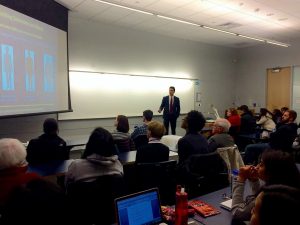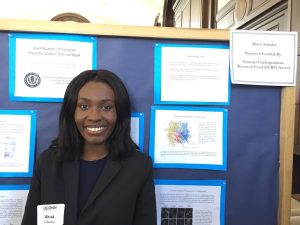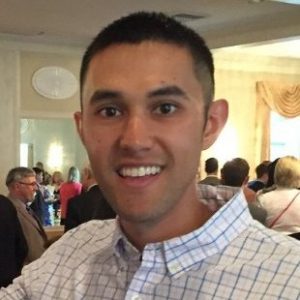College can be overwhelming. Keeping up with all of the available opportunities at your disposal is a major time commitment, and that’s on top of classes and homework and going to sleep at a reasonable hour.
UConn has the resources to help you make the most of your time in college. And I’m here to help you navigate them. This is Live and Learn, a podcast about finding your way through college.
I’m Danielle Chaloux, and this semester I’m going to talk to faculty who can help you with your thesis , to university staff about what to do when your hard drive crashes or your grades aren’t what you’d thought they’d be, and to students who have been right where you are now – and made it out the other side.
You’re in the right place and you’re here because you’ve worked hard. But now it’s time to work smart. Start Monday morning, on your walk to class. Spend 10 minutes getting up to date with upcoming events and approaching deadlines and stay ahead of the pack with the inside scoop on taking advantage of everything UConn has to offer.
Live and Learn: coming September 25th to a podcatcher near you. Subscribe at honors.uconn.edu/podcast and you’ll get new episodes when they come out, because you already have enough to remember.
This is a production of the University of Connecticut Honors Program.


